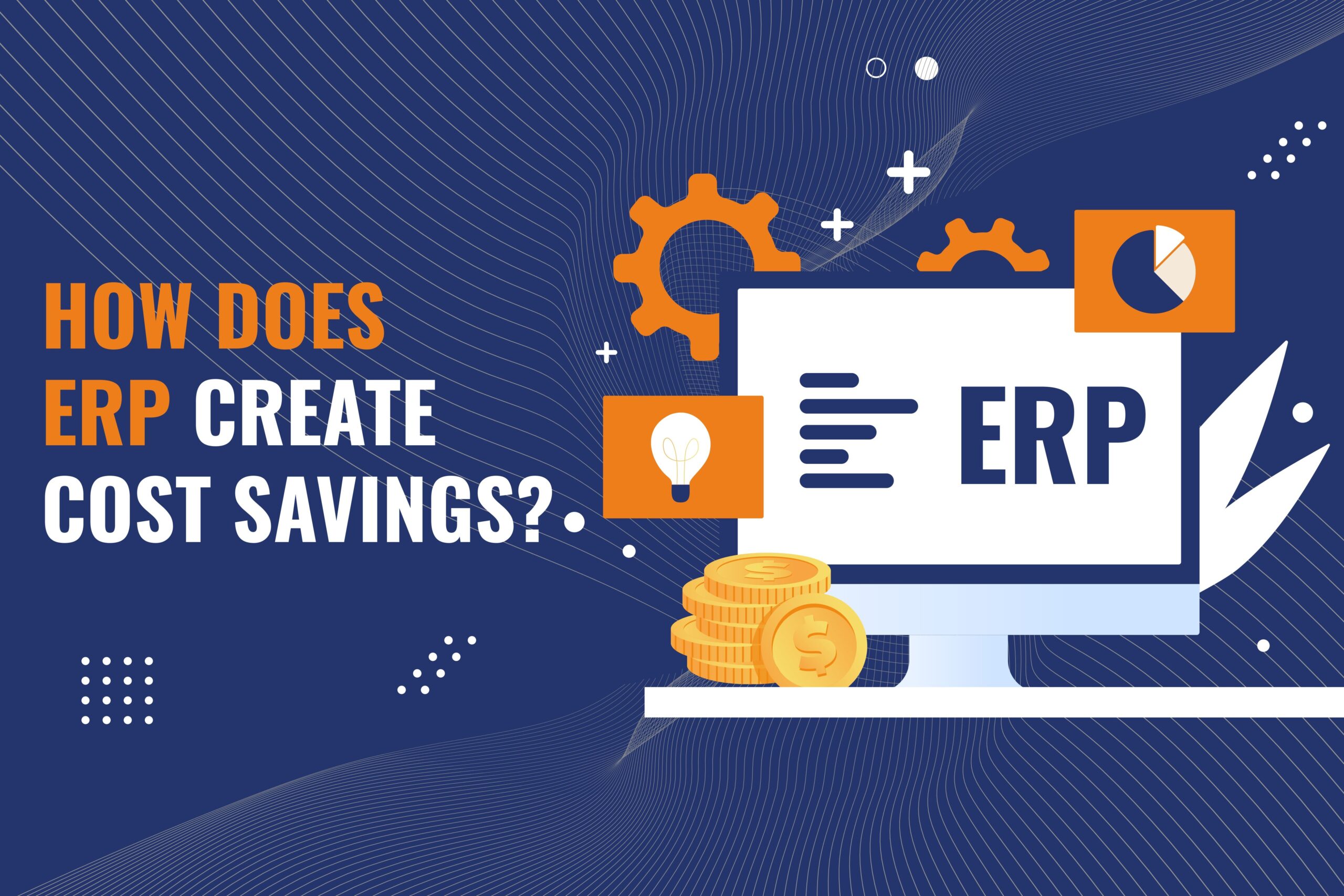
ERP systems can create cost savings by reducing operational costs, improving resource utilization, managing cash flow, reducing IT costs, and improving decision-making. ERP can automate purchasing procedures such as purchase orders, requisition creation, and supplier management.
Imagine a world where your business operations run like a well-oiled machine. No more redundant processes, no more human errors, no more missed deadlines, no more supply chain inefficiencies, and no more financial headaches. Sounds too good to be true, right? Well, that’s where Enterprise Resource Planning (ERP) comes in. ERP is a powerful software solution that can revolutionize the way your business operates, from finance and human resources to manufacturing and supply chain management.
But one of the most compelling reasons to adopt an ERP implementation is the cost savings it can generate. In today’s fiercely competitive business landscape, cost savings are critical for staying ahead of the competition, increasing profitability, and sustaining growth. Ways by which ERP helps in cost saving.
Here are the ways by which ERP helps in cost saving:
In conclusion, ERP systems can create cost savings by reducing operational costs, improving resource utilization, managing cash flow, reducing IT costs, and improving decision-making. Through ERP Implementation, businesses can streamline their operations, improve their financial health, and increase their profitability.

In today’s fast-paced digital landscape, businesses must adapt to changing technologies and customer expectations to remain competitive. One of the most effective ways to achieve this adaptability is through digital transformation, which involves integrating digital technologies into all areas of a business. A critical component of this transformation is Enterprise Resource Planning (ERP) systems.
Read More
Implementing an SAP system can be a transformative step for organizations aiming to enhance their operational efficiency, streamline processes, and improve data visibility. However, success in an SAP implementation goes beyond simply completing the project on time and within budget. It involves measuring and analyzing key performance metrics that provide insight into how effectively the system is being utilized and whether it meets the organization’s objectives.
Read More
In today’s fast-paced business environment, efficient systems and processes are vital for success. Enterprise Resource Planning (ERP) systems like SAP are central to this, helping organizations streamline their operations, manage resources more effectively, and drive productivity.
However, ERP implementation is a complex and often challenging process that requires a skilled IT consulting partner to ensure success. Selecting the right IT consulting services for your ERP implementation, especially for SAP, can make the difference between seamless integration and costly disruptions.
Read More
ERP systems have become indispensable tools for businesses looking to streamline operations, improve efficiency, and maintain a competitive edge. However, implementing ERP solutions can be daunting, especially for small and medium-sized businesses (SMBs) with limited resources.
The complexity of the process, cost concerns, and the need for seamless integration across departments pose significant challenges. To overcome these, SMBs must adopt tailored ERP implementation strategies that align with their unique requirements.
Read More
In today’s fast-paced business environment, Enterprise Resource Planning (ERP) systems like SAP (Systems, Applications, and Products) are crucial to streamlining operations, improving efficiency, and supporting growth. However, the process of SAP implementation can be complex and time-consuming, often putting a strain on internal resources.
This is where IT consulting services come into play, providing the necessary expertise and support to accelerate your SAP implementation timeline. By leveraging specialized knowledge and proven strategies, IT consulting services can significantly shorten the time required for successful SAP deployment, helping organizations stay competitive and responsive to market demands.
Read More
As enterprises scale, managing resources, streamlining operations, and maintaining flexibility become crucial challenges. To address these challenges, businesses increasingly turn to cloud-based Enterprise Resource Planning (ERP) systems.
ERP solutions have long been vital in centralizing various business functions like finance, human resources, supply chain management, and customer relations into a unified system. In recent years, the shift to cloud-based ERP systems has offered even greater benefits, particularly for growing enterprises.
Read More
Implementing an Enterprise Resource Planning (ERP) system like SAP can significantly transform an organization’s operations, boosting efficiency and data accuracy. However, an SAP implementation is a complex process that requires meticulous planning and execution. Many companies fail to realize the depth of such projects and commit avoidable mistakes that lead to delays, cost overruns, and frustration.
Read More
In today’s competitive business environment, organizations must be equipped with efficient, reliable, and scalable systems to manage their operations. Enterprise Resource Planning (ERP) solutions provide companies with the tools to streamline their processes, integrate various departments, and enable data-driven decision-making.
Among the vast array of ERP solutions, SAP is one of the most well-known, but it’s not the only option. Businesses must consider whether SAP or another ERP solution is the right fit based on their unique needs.
Read More
Enterprise Resource Planning (ERP) systems have become the backbone of modern business operations. Whether it’s handling financials, human resources, supply chains, or manufacturing processes, ERP solutions streamline and automate vital business functions, fostering efficiency and growth. SAP, one of the leading ERP platforms, is often the go-to choice for organizations due to its robust and customizable features. However, ERP implementation—whether SAP or another system—is not without challenges. This is where IT consulting services play a pivotal role.
The complexities of ERP implementations require specialized expertise, and IT consulting services provide the technical know-how, strategic planning, and ongoing support that are critical to successful deployment and long-term functionality.
Read More
In the rapidly evolving business landscape, enterprise resource planning (ERP) systems are essential for companies looking to streamline operations, improve data accuracy, and enhance decision-making processes. As we look toward 2025, the future of ERP implementation is promising, with significant trends emerging that are reshaping how organizations deploy and manage their ERP systems. From advancements in SAP implementation to innovations in IT consulting services, businesses must keep a keen eye on these trends to remain competitive.
Read More
Leave a Reply